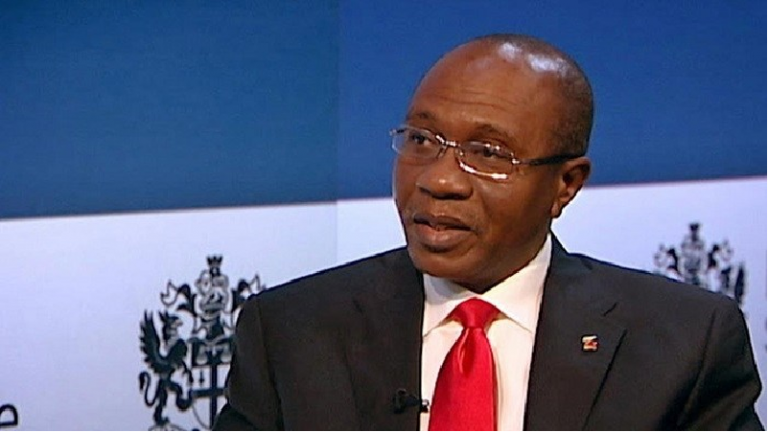
In addition to other schemes it has created to boost dollar liquidity in Nigeria, the Central Bank of Nigeria (CBN) has announced the launch of “RT200 FX Programme”, targeting $200 billion in FX repatriation.
The CBN governor, Godwin Emefiele revealed the new program during the Bankers’ Committee press briefing on Thursday.
“After careful consideration of the available options and wide consultation with the Banking Community, the CBN is, effective immediately, announcing the Bankers’ Committee “RT200 FX Programme”, which stands for the “Race to US$200 billion in FX Repatriation,” he said.
Register for Tekedia Mini-MBA edition 19 (Feb 9 – May 2, 2026): big discounts for early bird.
Tekedia AI in Business Masterclass opens registrations.
Join Tekedia Capital Syndicate and co-invest in great global startups.
Register for Tekedia AI Lab: From Technical Design to Deployment (next edition begins Jan 24 2026).
Emefiele explained that the RT200 programme will be non-oil export-based with focus on the following five key anchors: Value-Adding Exports Facility, Non-Oil Commodities Expansion Facility, Non-Oil FX Rebate Scheme, Dedicated Non-Oil Export Terminal and Biannual Non-Oil Export Summit.
“The RT200 FX Programme is a set of policies, plans and programmes for non-oil exports that will enable us attain our lofty yet attainable goal of US$200 billion in FX repatriation, exclusively from non-oil exports, over the next 3-5 years,” Emefiele said.
The CBN has been counting on diaspora remittances to boost dollar liquidity, trying its hands on many policies to encourage Nigerians living abroad to send money back home through regulated financial institutions.
The apex bank noted that through these schemes, particularly the Naira4Dollar scheme introduced early last year, there has been significant improvement in foreign currency inflow to Nigeria. Emefiele disclosed that diaspora remittances increased from an average of $6 million weekly in December 2020 to an average of more than $100 million weekly by January 2022.
The CBN governor blamed Naira’s significant depreciation on covid-19 and the plunge in oil prices.
“This is understandable because to the extent that COVID-19 led to significant job losses in many advanced economies, diaspora remittances also suffered commensurate reductions in inflows into Nigeria.
“All these factors jointly explain the heightened pressures on the currencies of major emerging market countries, including Nigeria,” Emefiele said.
Nigeria is oil based economy. The largest economy in Africa derives 90% of its revenue from oil export and thus was severely hit by covid’s headwinds that plummeted oil prices. At the receiving end of oil market’s turmoil is the naira, Nigeria’s currency, which has fallen below N575/$1 in the parallel market and below N440/$1 at the official window, forcing its repeated devaluation.
To stem the tide of insufficient dollar liquidity, the CBN has designed schemes geared at encouraging diaspora remittances. Although oil prices have started rebounding as economic activities reopen globally, the financial industry regulator is building on the programmes to foster a sustainable mechanism for adequate FX liquidity.
Emefiele said that enough lessons have been learnt from its policies on remittances and they can be applied in improving some aspects of the foreign exchange inflow into the country. This means that the CBN is looking to diversify its programmes to include other means of generating forex supply.
The CBN governor said forex inflow into Nigeria will now include four major sources; Proceeds from oil exports, Proceeds from non-oil exports, Diaspora remittances and?Foreign Direct/Portfolio Investments.




sure
okay